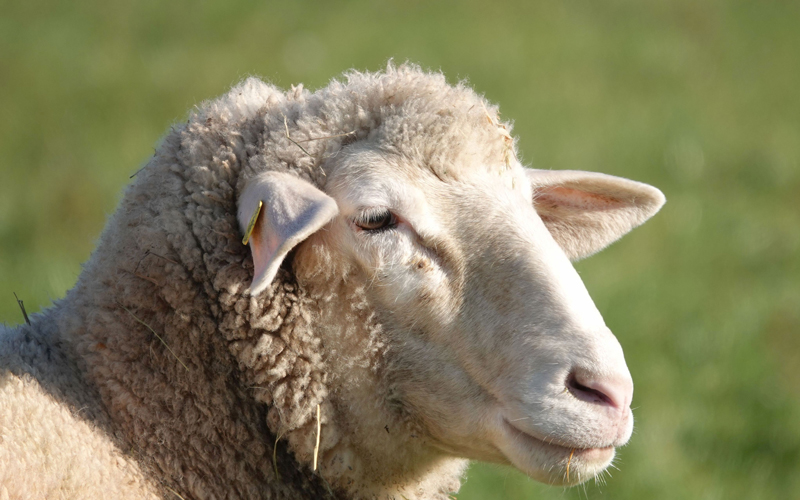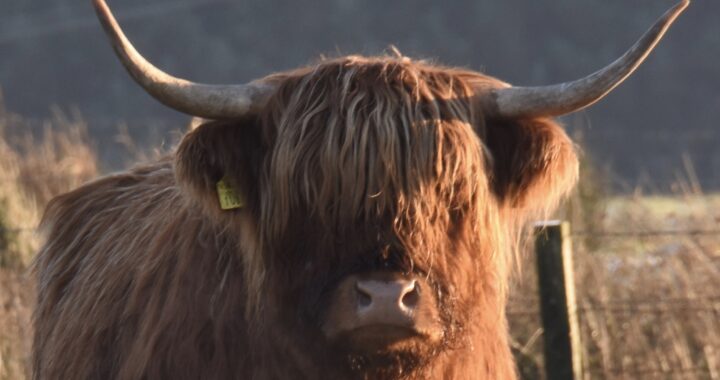Monthly Archives: May 2021
CHECS board announce changes to the Johne’s programme
The CHECS board have announced changes to the CHECS Johne’s programme that are due to come into effect from 1st July 2021. The changes mean that follow up testing using dung samples will no longer be allowed if more than 2% of animals test positive on blood samples at the annual herd test. This is a change from the current rules, which allow follow up dung testing regardless of the number of blood positives. Dung testing shows whether an animal is shedding MAP, the agent that causes Johne’s disease; it does not confirm if the animal is infected or not. Animals which test blood positive and dung negative are likely to be incubating disease, which is why the current CHECS rules stipulate that these cannot be sold as breeding animals. The new rules will extend this stipulation to include the calves of blood positive animals. Follow up blood testing of blood positive animals will still be permitted to help to identify false positive results.
Bovine tuberculosis (bTB) and bTB testing and exposure to other mycobacteria can cause cross-reactivity with the Johne’s blood test. The dung test is specific for the Johne’s organism; there is no cross-reactivity with the dung test. The CHECS board have yet to clarify whether there will be any exemption from the new 2% rule for herds that have recently had a bTB test. With the introduction of the new rule, it is anticipated that some herds may fall from having risk level 1 or 2 status and others may not be able to progress beyond level 3 or 4 due to the issue of cross reactivity and the removal of the ability to follow up with dung testing. A revision of the technical document detailing these changes has not yet been produced although CHECS have given assurance that this will be available after 01 June 2021.

